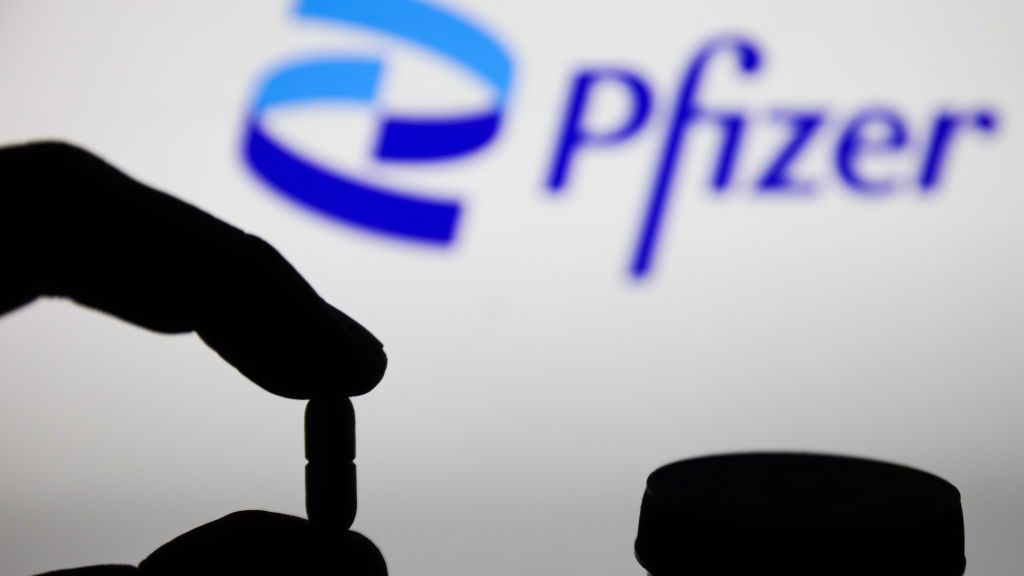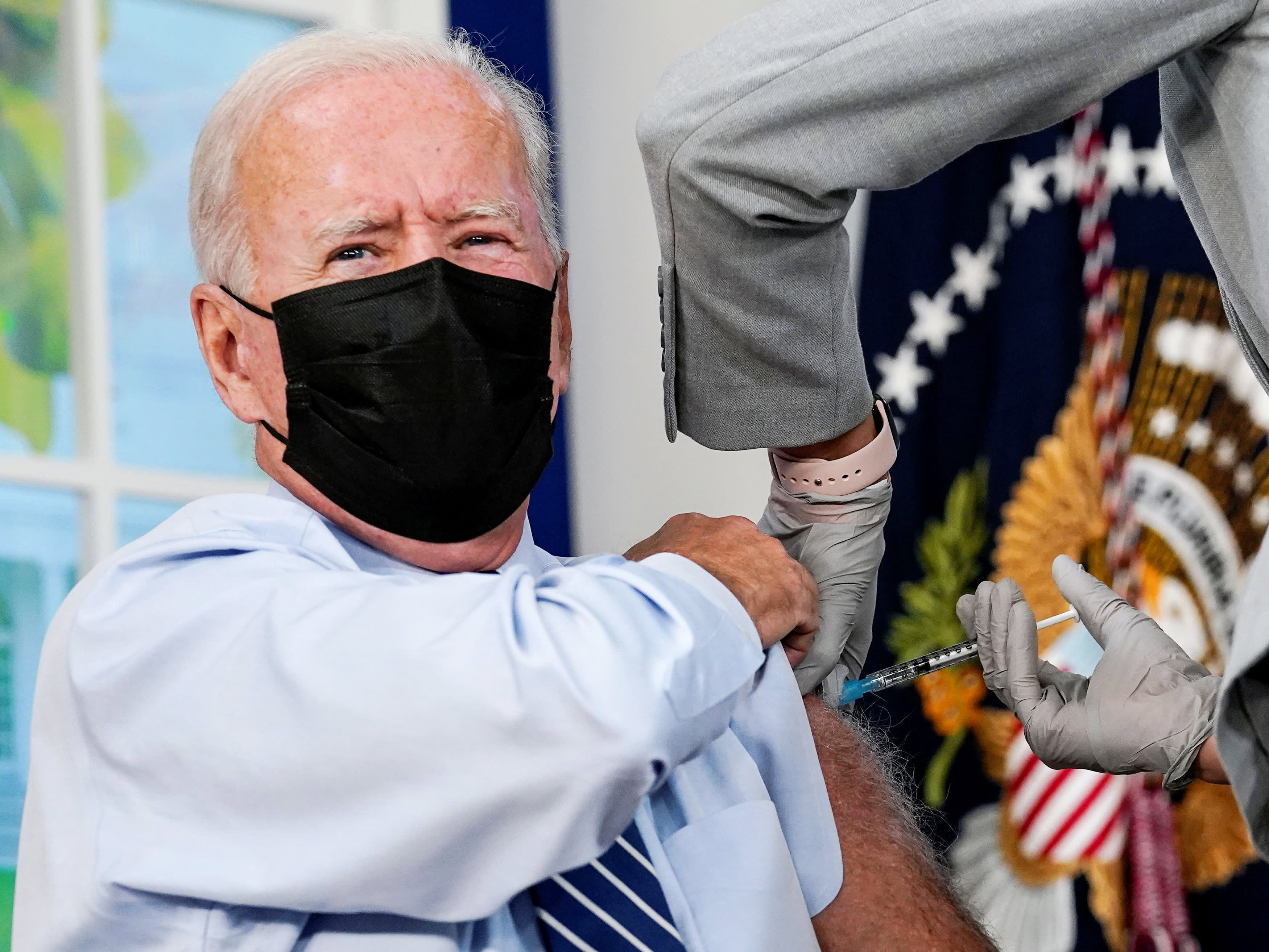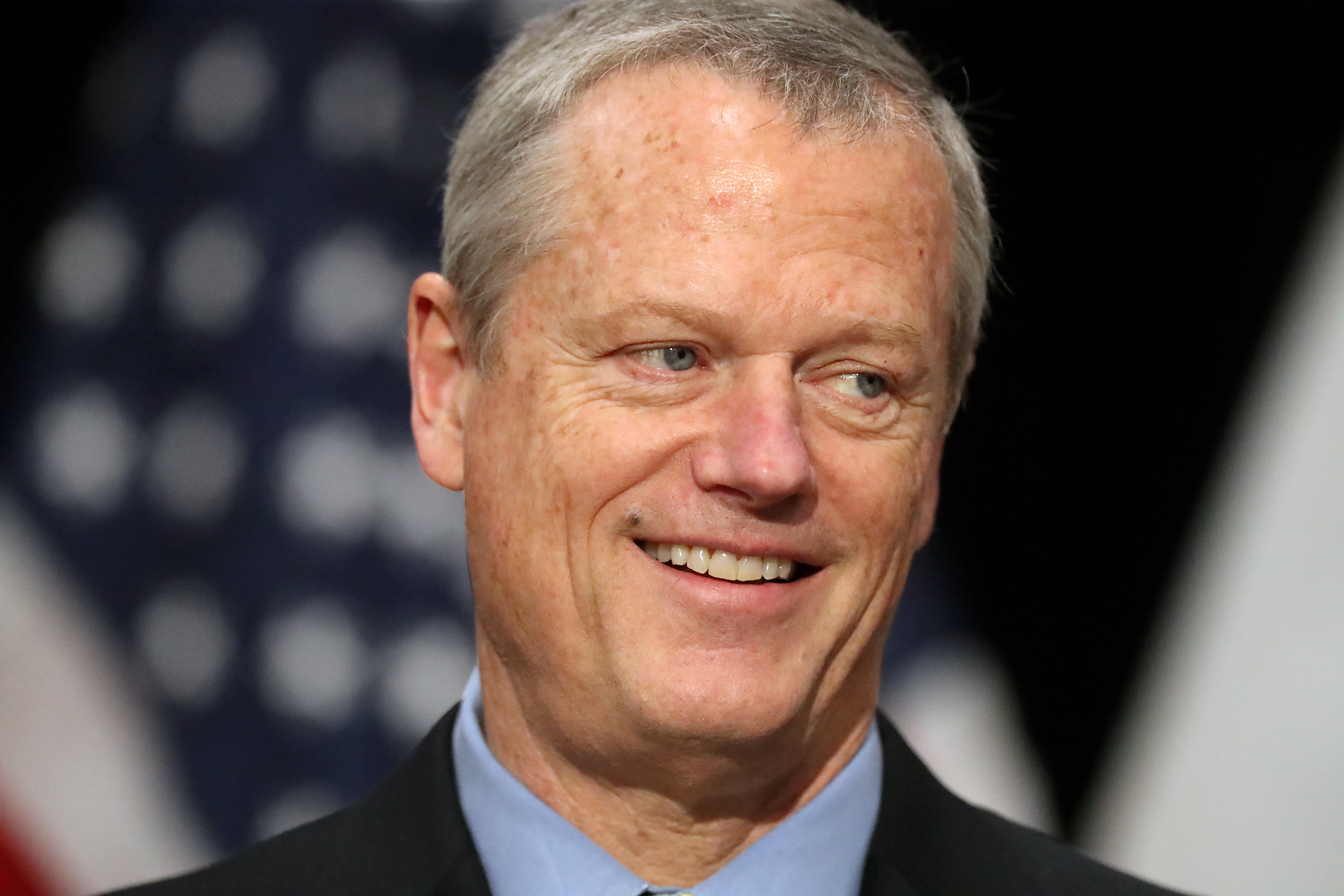Cities and towns across Massachusetts began receiving free, rapid COVID-19 tests on Tuesday as part of Gov. Charlie Baker's new strategy to control the spread of the virus this holiday season.
Baker said the state will start distributing 2.1 million at-home rapid tests purchased from a California-based lab to 102 communities with the highest percentages of families living in poverty, representing more than half of the state's population.
The governor's hope is that people will use these test before gathering with friends and family, especially in indoor settings when not everyone's vaccination status is known.
Get Boston local news, weather forecasts, lifestyle and entertainment stories to your inbox. Sign up for NBC Boston’s newsletters.
The administration is also working with manufacturers on a "bulk, cheap purchasing deal" that would allow all municipalities to purchase tests at a fixed, state-negotiated price for distribution to residents, Baker said. The governor expects the purchasing program to be up and running by January.
"This massive distribution effort and the long-term bulk purchasing agreement will make a real difference here in the state," Baker said.
The move comes after states like New Hampshire have taken similar steps to send rapid antigen tests directly to residents, and Boston Mayor Michelle Wu announced last week that she would be sending 20,000 tests and free masks into select neighborhoods.
In New Hampshire Gov. Chris Sununu last month made 800,000 rapid tests available for residents to request and have delivered to their homes, and the inventory was scooped within a day. Baker said rapid tests, which can give a result in 15 minutes, can be an important part of stopping the spread of the virus during the holiday season.
The free test kits were being distributed this week by the Massachusetts Emergency Management Agency and the National Guard and were procured from iHealth Labs for $10 million, or about $5 a test.
Members of the guard in Beverly told Jay Moltenbrey, an assistant program manager at Massachusetts Task Force 1, that the town was "the first community to receive the kits."
"We’re just glad that we have them because they are another weapon to combat this virus," he continued.
Lt. Gov. Karyn Polito and Secretary of Health and Human Services Marylou Sudders briefed municipal leaders on the proposal on Monday morning, and the administration will be relying on communities to get the tests into the hands of residents.
The tests come in packs of two, and the communities receiving the free kits this week count 3.7 million residents.
Revere is planning to give out their 27,000 tests through schools, City Hall and more.
"Really finding people where they're at. That includes in churches, nonprofits," said Juan Diego Jaramillo, a city aide.
Worcester is receiving 135,000 of the test kits, one of the largest allocations in the state. But Dr. Matilde Castiel, its commissioner of health and human services, is worried about the state's ability to track positive tests under the program.
"One of my worries is how are we reporting who is positive and who is not positive," she said. "We need to know the numbers, we need to know the stats of where we are."
Chelsea plans to use community organizations like the Chelsea Collaborative to give the tests out. Director Gladys Vega said they will use their food pantry location to find those who need the tests the most, but because they will not have enough kits for everyone, they will ask questions first.
“The idea is we will inquire about how they are feeling because we’re not just going to give it to everyone. We will assess their situation and then encourage them to take one of the tests,” Vega said.
Baker would not say what price per test he's hoping to negotiate with manufacturers, but said it should be "as cheap as possible." A two-pack of BinaxNOW rapid COVID-19 antigen tests was selling Monday for $14 on Walmart's website.
"The most important element in this is about making rapid tests available on a broad scale to communities that have, in many cases, a lot of people who aren't going to be able to purchase these on our own, to make these tests available so they can test themselves before they go to gatherings or other large indoor events," Baker said at a State House press conference.
Polito also noted that moving forward the billions of dollars in funding from the American Rescue Plan Act that went directly to cities and towns can be used to purchase additional tests under the deal being negotiated with manufacturers. The state plans to seek reimbursement through the Federal Emergency Management Agency for the tests it has already purchased.
In recent weeks, COVID-19 cases have been on the rise and the state has been forced to take steps to preserve hospital capacity by limiting non-essential procedures and providing increased flexibility from mandatory nurse-to-patient staffing ratios and for the utilization of non-traditional hospital spaces for acute-care beds.
The Department of Public Health reported 5,007 new cases of COVID-19 on Friday, and hospitalizations from the virus climbed to 1,238. The seven-day average positive test rate has also climbed above 5%, as high as it's been since Jan. 21.
Baker said that more than 100,000 tests a day being performed in Massachusetts, as well as an additional 70,000 to 80,000 rapid antigen tests being administered each week in K-12 schools as part of the state's "Test-and-Stay" pooled testing program for students and teachers.
Expanding access to free or cheap at-home tests has the potential to dramatically increase the volume of testing being done by residents at-home, but the state would not say whether it had any estimates of how many at-home rapid tests are already being used or how many positive cases being detected that way are then being confirmed through a reported PCR test.
Sudders said there is no public health reporting requirement attached to the use of the free test kits being distributed by the state, though she said anyone testing positive should quarantine for 10 days and notify close contacts. She also encouraged people to sign up for MassNotify, which can be enabled on any cellphone and notifies close-contacts who have been in proximity with someone who self-reports a positive test. About 25% of residents have enabled this feature on their phone, Sudders said.
Baker said that despite the increased spread of the virus Massachusetts is in a much different position than it was last December before vaccines were widely available, and he continued to urge people to get vaccinated or boosted as soon as they are eligible.
"There are no plans to bring back the statewide mask mandate," he said, in response to a question.
As of Friday, the state reported that more than 5.7 million people had received at least one dose of the Pfizer or Moderna vaccine, or the single-dose Johnson and Johnson vaccine, and 4,970,313 people were fully vaccinated, accounting for over 70 percent of the state population and over 90% of vaccine eligible residents.
Another 1.5 million people have received their booster shot, according to the Department of Public Health.
NBC10 Boston's Abbey Niezgoda contributed to this report.




